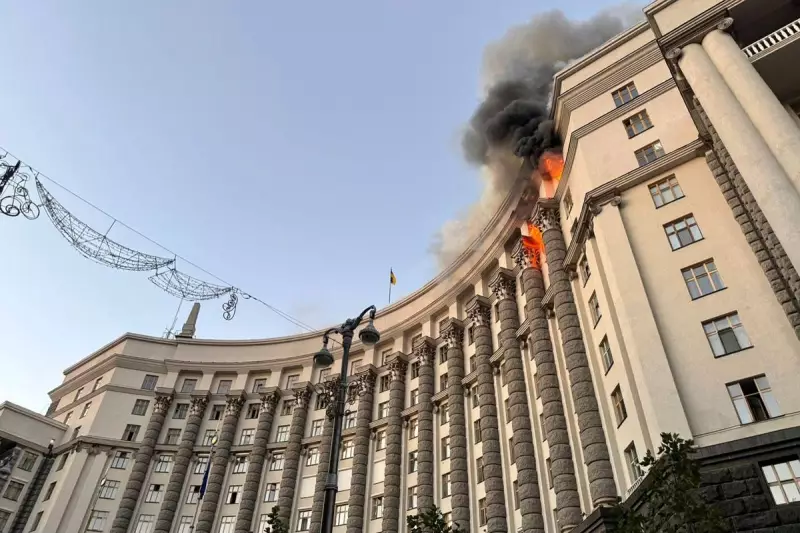
In a revelation that has sent shockwaves through diplomatic circles, former US President Donald Trump reportedly told European leaders he would explicitly encourage Russia to attack any NATO member failing to meet defence spending obligations.
The stunning claim, originating from discussions ahead of a NATO summit, suggests Trump told European officials that the United States would "never lift a finger" to protect delinquent nations. Most alarmingly, he allegedly stated he would "encourage Russia to do whatever the hell they want" to those countries.
Immediate Fallout and European Alarm
The comments have triggered immediate concern among UK defence officials and European allies. With ongoing Russian aggression in Ukraine, the prospect of a potential US administration abandoning NATO's fundamental collective defence principle represents a grave threat to European security architecture.
NATO's Article 5, which states that an attack on one member is an attack on all, has been the cornerstone of transatlantic security since the alliance's founding in 1949. Trump's alleged remarks represent a direct threat to this bedrock principle.
White House Condemnation and Current Stance
The current White House administration has condemned the reported comments in the strongest possible terms. A spokesperson labelled the rhetoric "appalling and unhinged," emphasising that it "endangers American national security, global stability, and our economy".
The administration reaffirmed President Biden's "unwavering commitment" to the NATO alliance, a stark contrast to his predecessor's alleged position.
Broader Implications for UK and Global Security
This incident raises profound questions about the future of Western unity and the durability of international institutions should Trump return to power. For the United Kingdom, a founding NATO member, the potential shift in US foreign policy represents a direct challenge to its national security strategy.
The remarks also serve to potentially embolden Vladimir Putin, offering a glimpse into a possible future where Russian aggression might face diminished international opposition.






